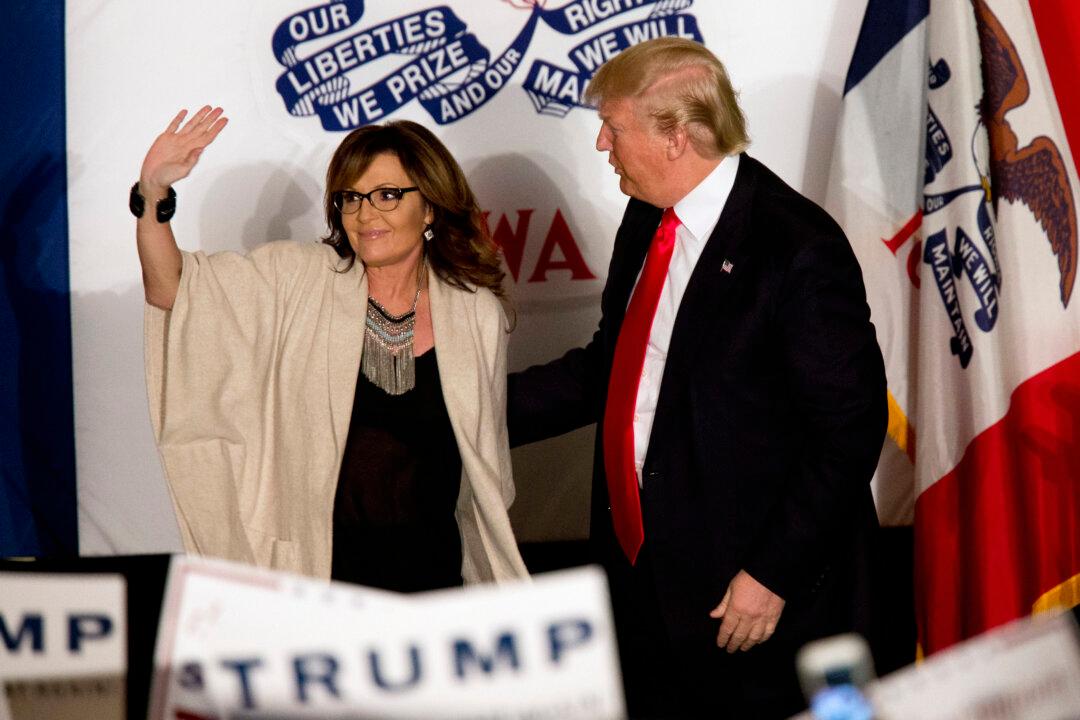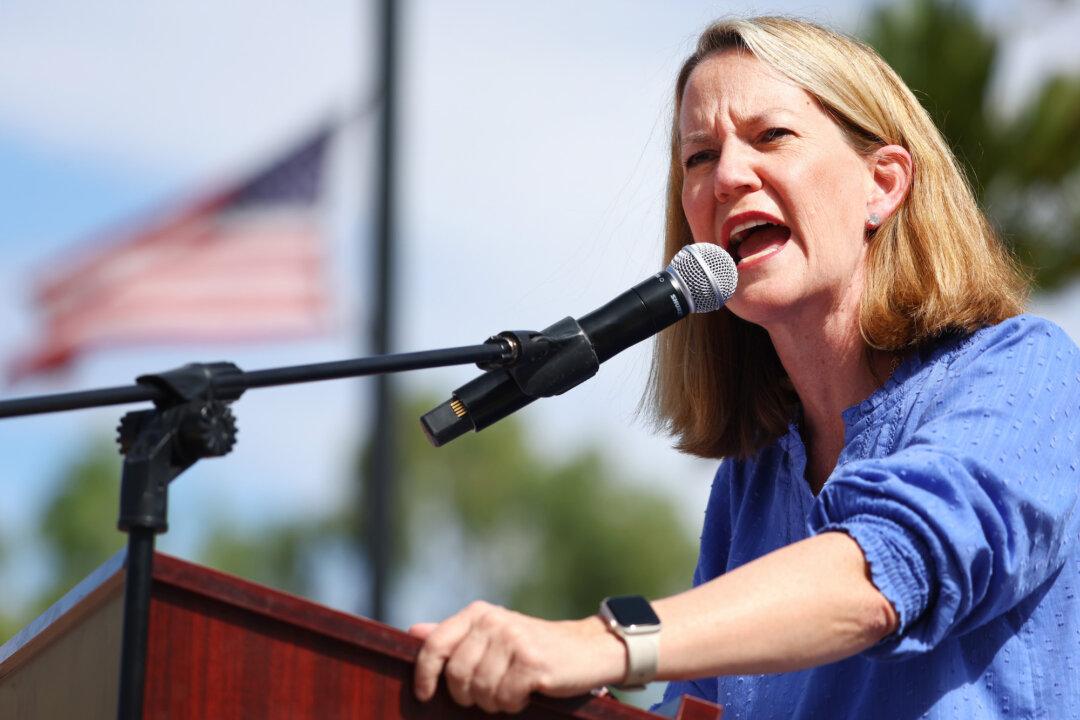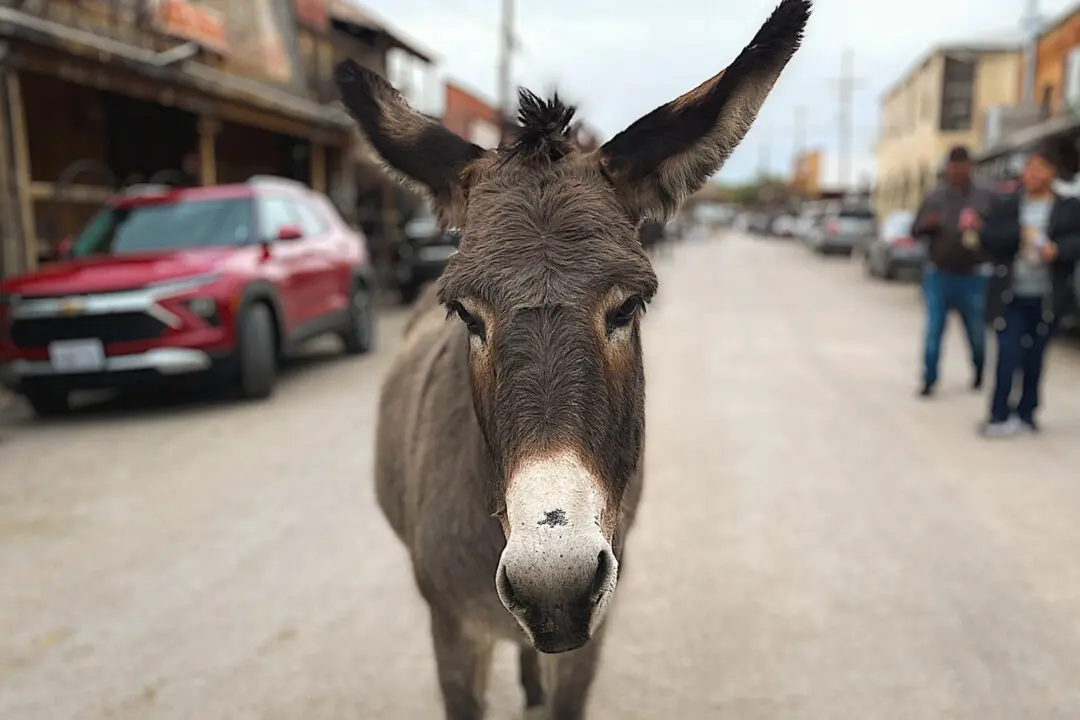Trump-endorsed Sarah Palin, her Republican rival Nick Begich III, and Democrat Mary Peltola will go head-to-head in Alaska’s special general election on Aug. 16 to serve out the remainder of late Republican Rep. Don Young’s term.
In a 48-way special primary on June 11 following Young’s death in March, Palin, Begich, Peltola, and Al Gross, an independent, were the top four finishers in the election. While the result sounds confusing, it reflects the state’s nonpartisan primary system in which all candidates appear on the ballot regardless of party affiliation.





